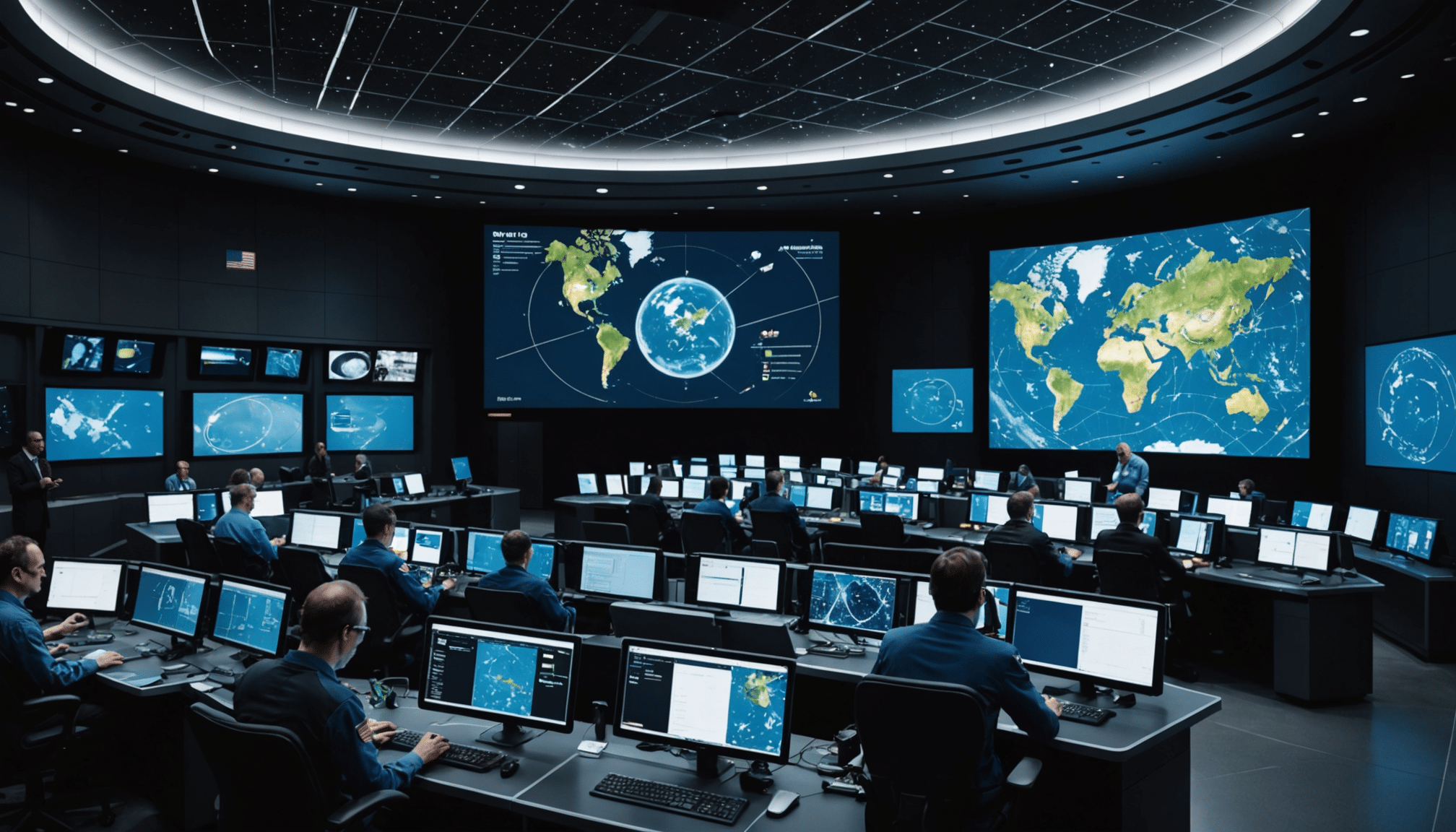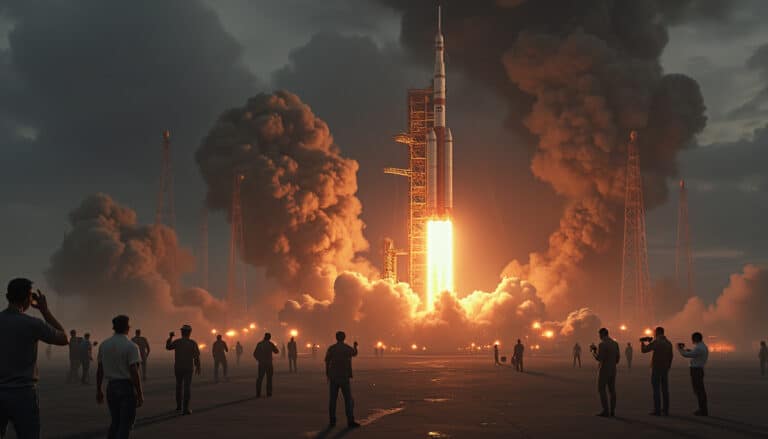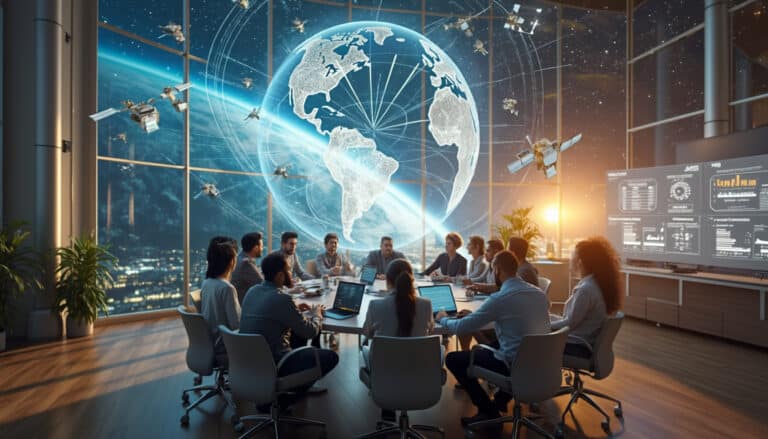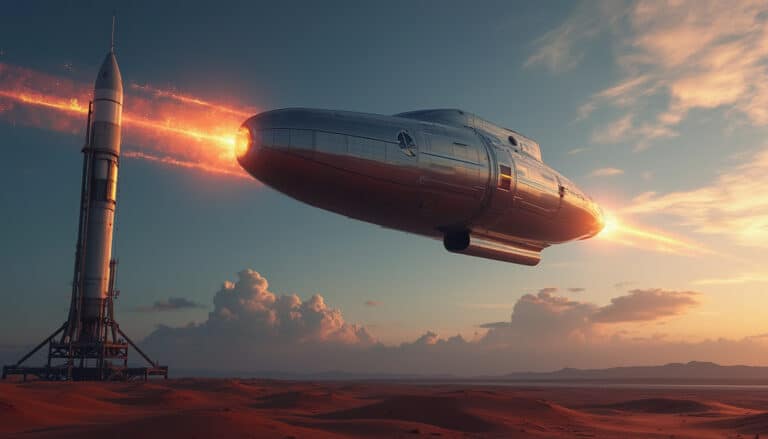The threat of space debris is intensifying as the industrialization of space develops at a breakneck pace. With nearly a million objects floating around Earth, the need to improved data andtechnological innovations becomes crucial to ensure the safety of satellites and space missions. A strengthened regulatory framework is also essential to harmonize the efforts of the different actors involved in the management of this major issue. Space navigator Sunita Williams reminds us that safe space is essential to preserving critical infrastructure that we use daily.
The management of space debris represents a major challenge for the future of the space economy. With nearly a million objects in orbit, it becomes crucial to improve data and the sensors to detect these small particles, while filling the gaps data gaps existing. Innovation plays a key role, particularly through solutions such asactive debris removal and the use of artificial intelligence for space traffic management. At the same time, a reinforced regulation is essential to encourage responsible behavior and establish deorbit obligations for obsolete satellites. Thus, a coordinated effort between data, innovation And regulation is essential to preserve the security of space operations and guarantee a sustainable future for space.

Table des matières
Toggleimproved data: an essential lever for effective management
To combat the threat of space debris, it is imperative to develop improved data and effective monitoring systems. Currently, around a million objects larger than a centimeter orbit our planet, complicating space navigation and posing risks to security systems which depend on satellites. Therefore, accurate monitoring is essential to ensure optimal security in the orbital environment.
technological innovation: keys to the future of space
Solutions innovative must be implemented to effectively manage space debris. For example, the development of advanced algorithms to prevent collisions could significantly reduce incidents. THE CNRS is working on a program that calculates in real time the risks of collisions between satellites. By combining artificial intelligence And automation, these technologies can provide previously unseen degrees of protection, reducing the risk of additional debris in space.
reinforced regulations: a framework to secure space
A frame regulatory strict is essential to ensure responsible space exploration. Currently, regulations state that spacecraft must deorbit within a maximum period of 25 years after their mission, a rule considered too lax by several experts. According to a report from United Nations Office for Outer Space Affairs, it is crucial to strengthen these regulations to encourage responsible behavior and accelerate initiatives to reduce debris. There Zero Debris Charter, put forward by the ESA, is an example of taking the initiative to tackle this growing problem.




















